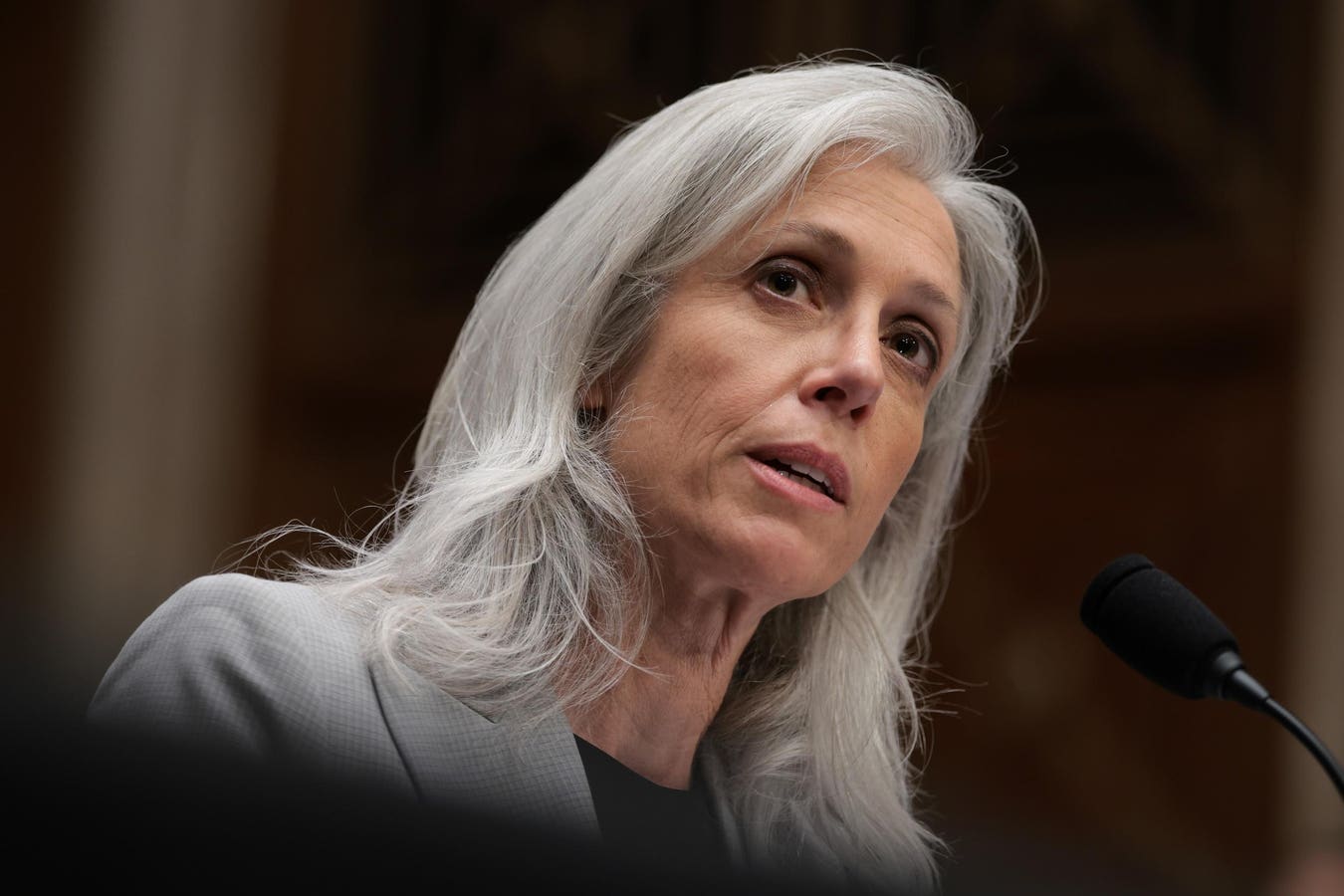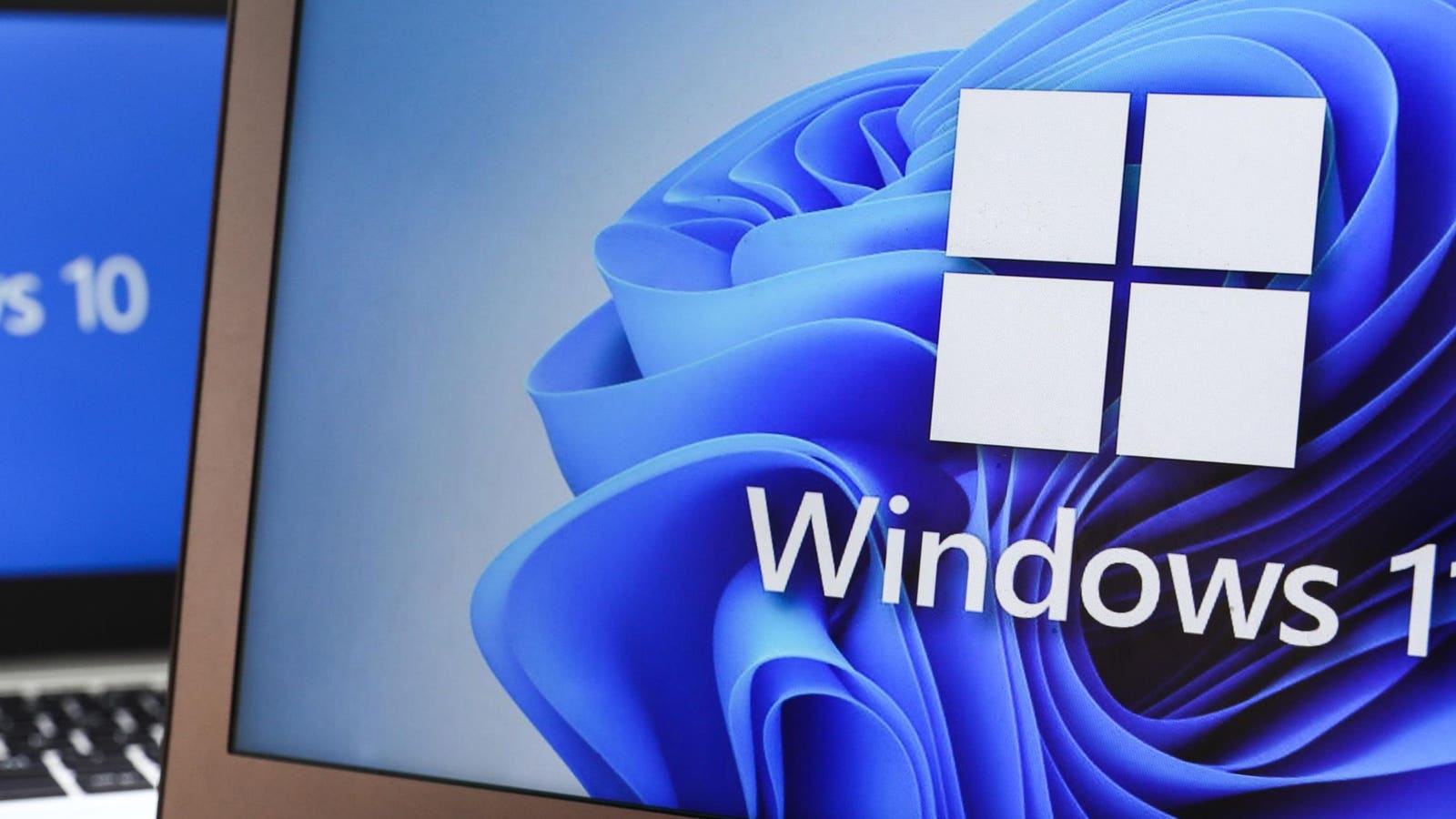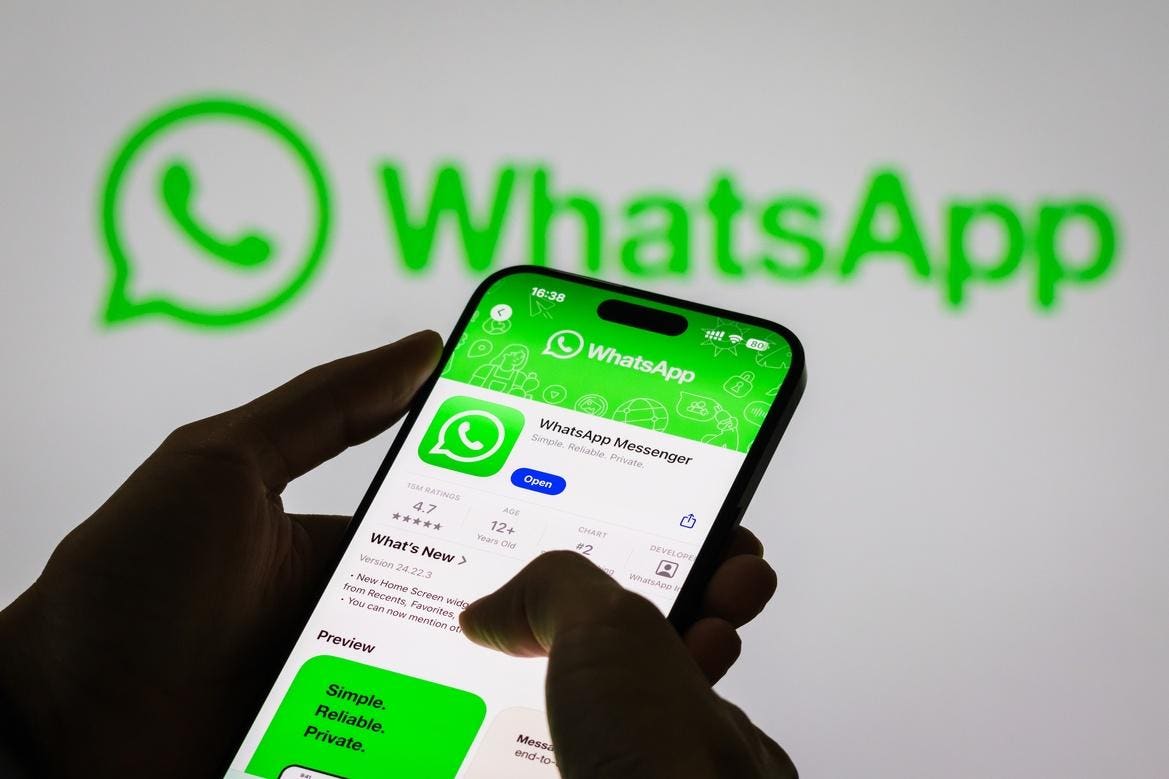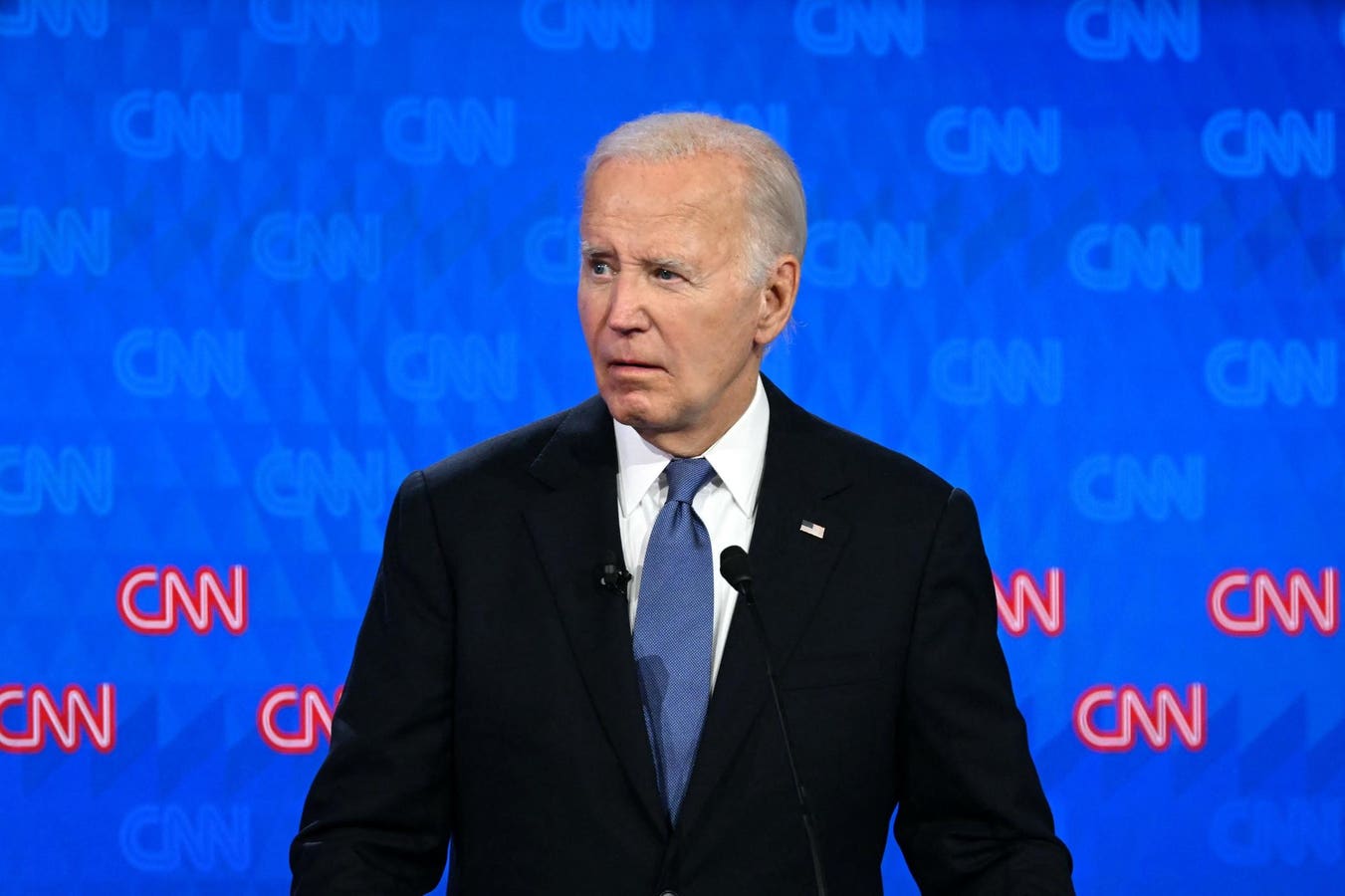WASHINGTON, DC: Susan Monarez, former Director of the Centers for Disease Control and Prevention, was fired by President Trump, purportedly for opposing Health and Human Services Secretary Robert F. Kennedy Jr.’s vaccine policies.(Photo by Kayla Bartkowski/Getty Images)
Getty Images
President Trump fired Susan Monarez last week from her position as Director of the Centers for Disease Control and Prevention, after just one month on the job. This coincided with a number of high-profile exits at the agency.
The purge at CDC and other agencies under the Department of Health and Human Services coupled with deep cuts in funding of public health programs have major implications for the agency’s future and the nation’s public health apparatus. There’s the politicization aspect, in which agency leaders are being forced to toe the line or else face the consequences of being dismissed. When asked by a member of the press corps what Monarez did wrong to deserve to be removed, White House Press Secretary Karoline Leavitt responded by saying Monarez was “not aligned with the president’s mission to make America healthy again.” This implies lack of alignment on political grounds, namely, not acquiescing to the non-clinical judgment of the President and HHS Secretary Robert F. Kennedy Jr. on matters pertaining to science and medicine. As a person with a lengthy career in medical research and as a top public health official in multiple administrations—Republican as well as Democratic—Monarez has devoted herself to Americans’ health.
There are also the practical facets related to the turmoil within HHS which are likely to create real-world harms. This includes the upending of immunization schedules, dismantling of mRNA vaccine research, scaling back of programs for HIV prevention, overdose response and smoking cessation, neglect of pandemic preparedness, lack of monitoring of diseases and food safety, as well as the complete elimination of resources for initiatives such as drowning prevention.
Multiple media sources reported that Monarez was forced out for her opposition to changes in vaccine policies already put in place by HHS Secretary Kennedy and the Food and Drug Administration, as well as those under review by the newly appointed Advisory Committee on Immunization Practices. The panel is expected to meet this month to make changes to the COVID-19 vaccine recommendations and possibly the children’s pediatric vaccine schedule, too. It’s also been reported by CNN that Monarez and Kennedy clashed over the study results that the Secretary is expected to announce later this month drawing links between immunizations and autism. Notably, at her Senate confirmation hearing, Monarez testified that she has not seen a link between vaccines and autism. Her position is consistent with decades of research that show no causal connection.
Four high-level CDC leaders announced their resignations in the wake of Monarez’s dismissal: Debra Houry, deputy director and chief medical officer of the CDC; Demetre Daskalakis, director of the National Center for Immunization and Respiratory Diseases; Daniel Jernigan, director of the National Center for Emerging and Zoonotic Infectious Diseases; Jennifer Layden, director of the Office of Public Health Data, Surveillance, and Technology.
“I am committed to protecting the public’s health, but the ongoing changes prevent me from continuing in my job as a leader of the agency,” Houry wrote in her resignation letter, while Daskalakis noted that he was “not able to serve in this role any longer because of the ongoing weaponizing of public health.”
This past spring, we witnessed the departure of top researchers like the nutrition specialist Kevin Hall, who used to be at the National Institutes of Health. Hall accused the Trump administration of censoring his work. Other prominent exits include Peter Marks, former director of the FDA’s Center for Biologics Evaluation, and Francis Collins, who announced his retirement in March after decades of being a leading scientist at the NIH.
Prior to Kennedy becoming HHS Secretary, Trump told him that he could “go wild” on healthcare. A charitable view suggests this was merely intended to challenge the status quo and reform underperforming areas in the system. But a more realistic take, in light of what has been happening since Kennedy assumed office, is that it meant going against the grain by sidelining experts and in some instances elevating misinformation over science.
Atul Gawande didn’t mince words. The professor at Harvard’s T.H. Chan School of Public Health and former official in the Biden administration tweeted that “medicine and public health have added three decades to the human lifespan. Vaccination alone produced 40% of the reduction in child deaths. And now a disturbed and unqualified man driven by crackpot theories is destroying the foundations of this work, including CDC.”
And Senator Bill Cassidy (R-Louisiana) has expressed concern about a “lack of scientific process being followed” for the next ACIP meeting to be held on September 18th. He has called for the meeting to be postponed. He added that “if the meeting proceeds, any recommendations made should be rejected as lacking legitimacy given the seriousness of the allegations and the current turmoil in CDC leadership.”
Furthermore, Cassidy and Senator Bernie Sanders (I-Vermont) have requested that the Senate Health, Education, Labor and Pensions hold a hearing with Kennedy and the acting CDC Director as soon as possible.
The latest purge of career scientific leadership follows the slashing of the CDC’s budget and contracts by about half and rescission of $11.4 billion in COVID-19 grants. According to ProPublica, more than 1,050 scientists, physicians and public health specialists—many of whom were conducting research and disease surveillance—have left or been pushed out of the CDC since January.
Kennedy appears to be consolidating his power, according to STAT News. Indeed, the series of firings and policy moves by the health secretary appear intended to remake the CDC and the FDA into something consistent with Kennedy’s iconoclastic perspective on public health, in which, for example, strong doubts are cast on vaccine efficacy and safety, and Kennedy wanting to update (dilute) CDC recommendations regarding things like fluoride in drinking water.
Kennedy seeks similar changes at FDA. Last fall, he tweeted that the “FDA’s war on public health is about to end. This includes its aggressive suppression of psychedelics, peptides, stem cells, raw milk, hyperbaric therapies, chelating compounds, ivermectin, hydroxychloroquine, vitamins, clean foods, sunshine, exercise, nutraceuticals and anything else that advances human health and can’t be patented by Pharma.”
At this point, after more than six months on the job, it’s prudent to take Kennedy’s word at face value. He’s not content with incremental tweaks. Rather, he’s pursuing disruption with significant repercussions for the ways in which the public health mission is conducted.









